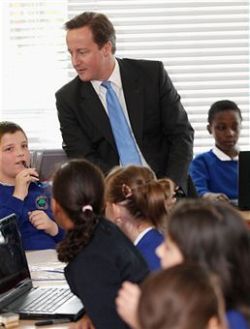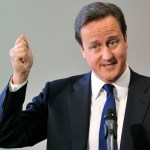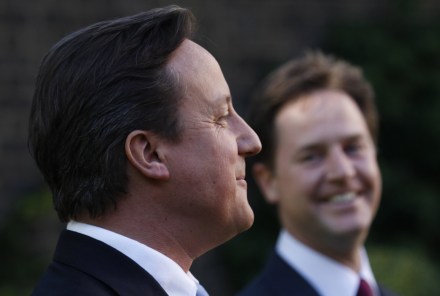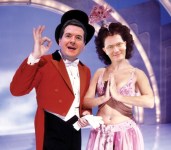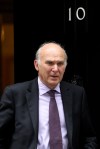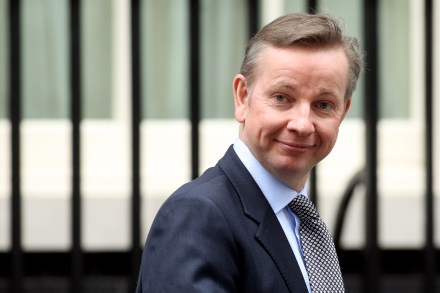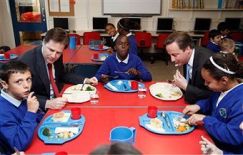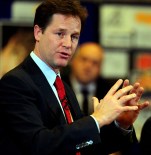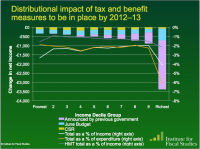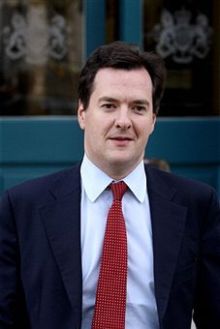A Conservative council joins the secret war against England’s schools
For the parents where I live who are campaigning for a better local school, the Spectator’s expose on ‘the secret war over England’s schools‘ – with its description of how groups like the National Union of Teachers are attempting to stymie Michael Gove’s plans for making education better – was familiar territory. The only difference here in Bromley is that it isn’t left wing activists who are standing in the way of Mr Gove’s reforms for better schools: it is our Conservative-run Council. Having said earlier this year that they wanted our local school, Kelsey Park Sports College, to become an Academy – a decision that was a welcome
